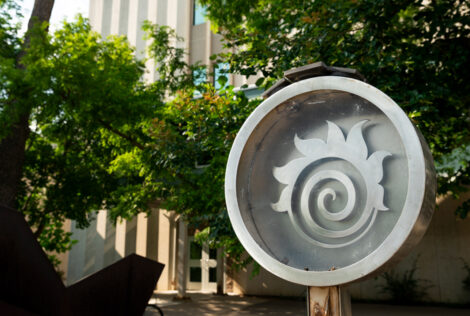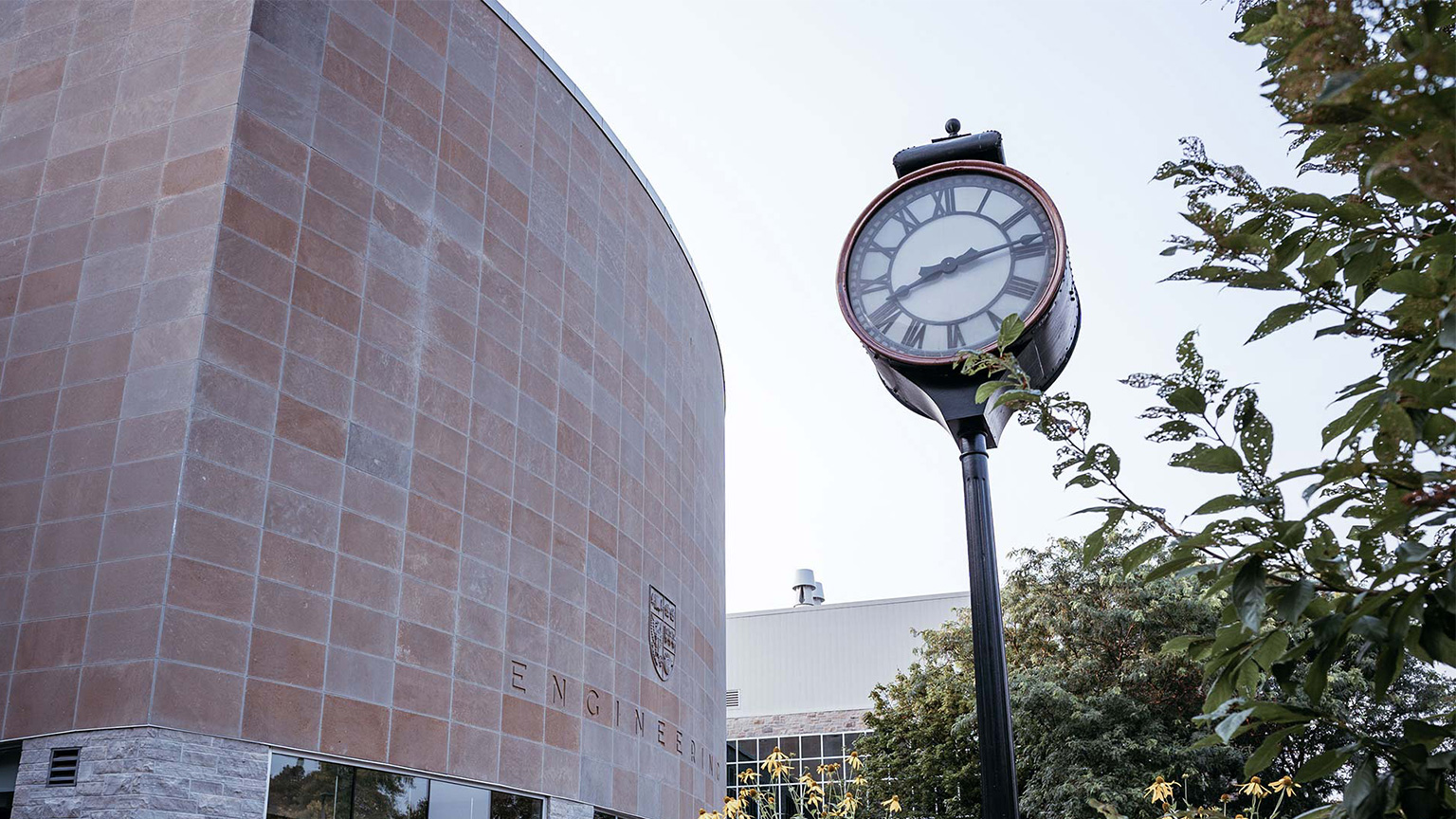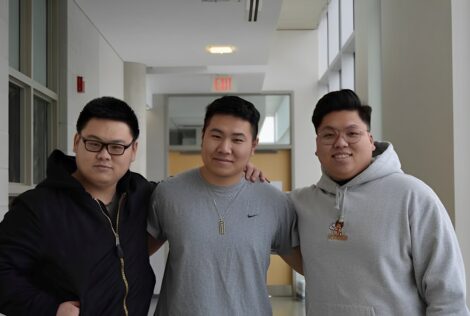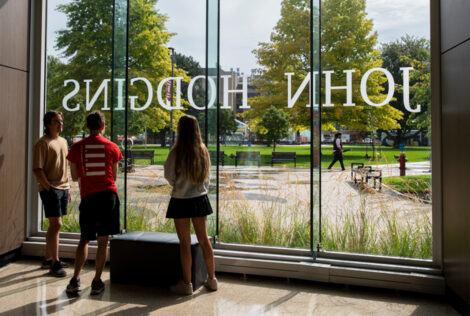

McMaster Engineering students will experience the most dynamic and realistic virtual lab technology found in Canadian universities this fall, thanks to a partnership with Quanser, an engineering education technology company based in Markham, Ont.
Using digital twinning technology to replicate actual lab equipment in virtual form, students will be able to use software tools to experience real-life engineering experiments from home.
“We are pleased to be the founding partner for the Quanser Digital Transformation Program to offer the latest in transformational and innovative engineering labs for our new first year experiential-learning focused program, which launches this September, and for many of our upper-year labs, which range from accurate simulation-based models of chemical plants to robot programming and control systems,” says Ishwar K. Puri, Dean of Engineering.
About a dozen lab-based courses will be virtualized for the fall, with a long-term strategy to upgrade more courses across all departments and levels of study.
“Even pre-pandemic, we were working on many of these projects. This has been accelerated due to the current crisis,” says Steve Hranilovic, Associate Dean, Academic in the Faculty of Engineering. “The virtual labs are providing opportunities to students to learn about real industrial applications in more accessible ways.”
Courses currently being virtualized include Introduction to Linear Control Systems (ELEC ENG 3CL4), Control Theory I (PROC TECH 3CT3), Advanced Laboratory Skills (CHEM ENG 4L02) and Composite Labs for third- and fourth-year students (MECH ENG 3M03/4P03).
The Faculty of Engineering has invested almost $1.5 million to support professors as they transition to virtual teaching, says Puri. This includes creating virtual reality learning environments, kits for hands-on projects and studio spaces for recording lectures.
This curriculum transformation is part of The Pivot, a reimagined approach to teaching, learning and research in the undergraduate engineering experience at McMaster University. Fall 2020 will be the first semester that students are immersed in this new way of learning.
What students will see next semester when they virtually arrive on campus is really the most advanced approach to lab virtualization. We’re introducing technologies and methods which will be very effective for a new generation of off-campus experiences.
In the Bachelor of Technology course, Control Theory I, students will use a virtual 3D plant that accurately mimics in real-time the dynamics of the physical system.
“Instead of using wires, oscilloscopes, and a real motor, students will use virtual wires and scopes in the Simulink software and a 3D animation of the motor,” says Mostafa Soliman, an assistant professor in the W Booth School of Engineering Practice and Technology.
“By having a virtual plant, students can explore different algorithms and perform ‘smoke-free’ testing – they can drive the system to instability and see this phenomenon without damaging any equipment or posing a safety concern.”
While virtual labs are not intended to completely replace in-person labs under safe conditions, they offer a tremendous opportunity for experimentation in remote settings, says Hranilovic.
“Virtually, they can load up the lab and explore the content whenever they like and as many times as they like. In the future, these virtual labs will be an excellent complement to the physical labs,” adds John Colenbrander, Facilities Manager in the Department of Mechanical Engineering.
Tim Davidson, Chair of the Department of Electrical and Computer Engineering, says the virtual labs will offer more flexibility for experimentation in the Linear Control Systems lab.
“Students will be able to experiment with their own control system design strategies, pushing the system to its limits without risking damage to the equipment,” he says.
The Quanser Digital Transformation Program uses decades of experience in the design of physical hardware for engineering education and research to create the most detailed, robust and scalable platform available.
“Fundamentally, the virtual labs are not a loss of hands-on experience. In fact, this experience is an enhancement of what students would have received,” says Lee. “It’s about as real as you can get.”


